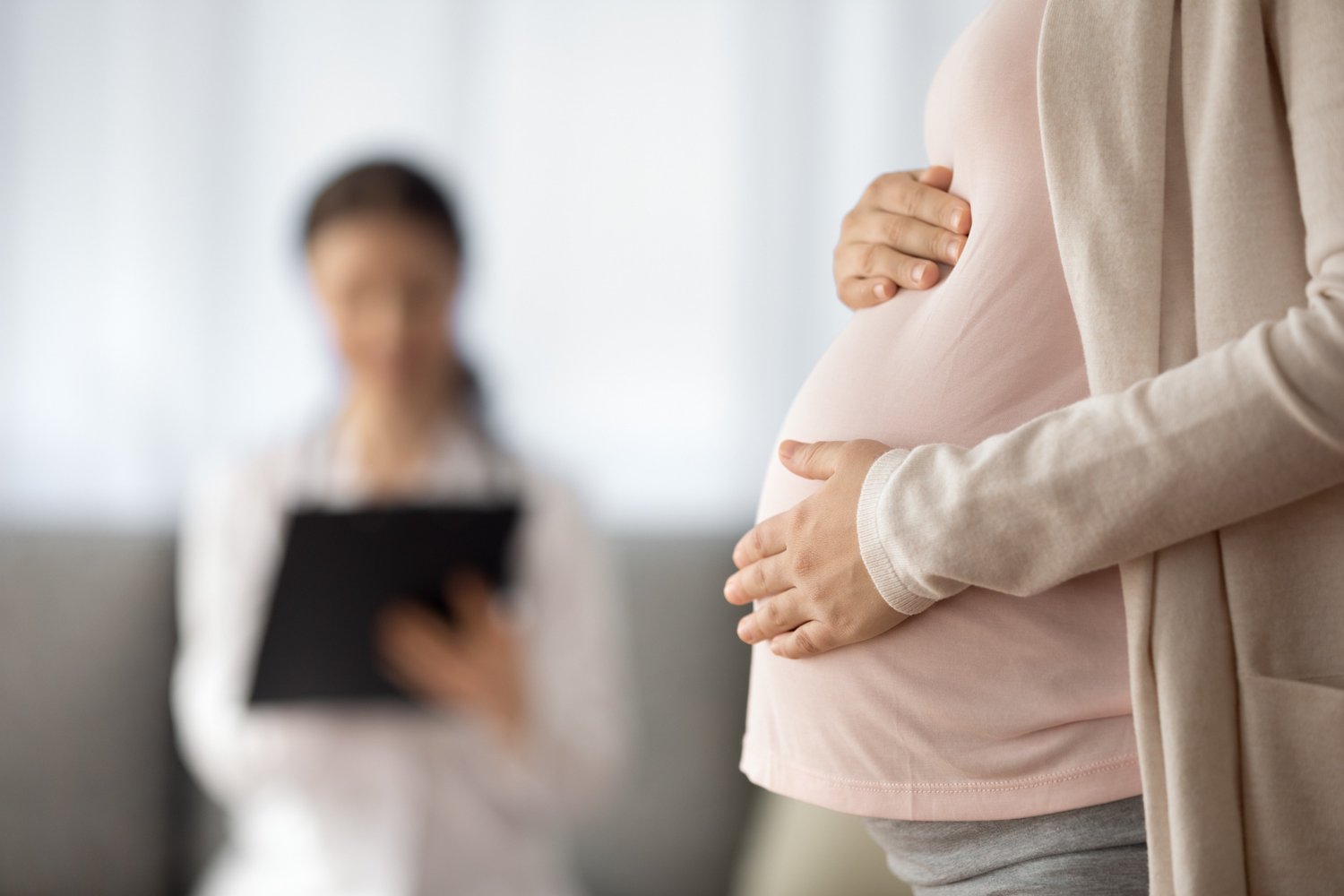We want your pregnancy to go as smoothly as possible from conception to delivery, but we know that’s simply not the case for everyone.
Odds are you’ll experience a few uncomfortable symptoms on your journey to motherhood, but how can you tell if you’re experiencing standard pregnancy symptoms or a medical emergency? In today’s blog, we take a closer look at some of the symptoms that warrant a call to your women’s care provider because it could be a sign that you’re experiencing a medical emergency.
Symptoms Of A First Trimester Emergency
The first trimester is often the rockiest for most women, so it can be especially hard to tell if your body is simply adjusting to the pregnancy or you’re dealing with a medical emergency. Here are some symptoms that suggest you should call your women’s care provider.
-
Excessive Bleeding – Bleeding is not uncommon during the first trimester of pregnancy, and only 12 percent of women with first trimester bleeding will experience a miscarriage, so you don’t need to drop everything and call the doctor at the first sign of bleeding or spotting during pregnancy. However, if you are experiencing significant bleeding or believe you may be hemorrhaging, it’s time to call your doctor. If you’re saturating a thick pad in less than an hour for three hours in a row, you should contact your doctor.
-
Severe Pain – If you are experiencing severe or debilitating pain, reach out to your women’s care provider.
-
Severe Nausea And Vomiting – Nausea and morning sickness is common in the first trimester, but if nausea is making it hard to stand up or you’re unable to keep food and liquids down because you’re vomiting regularly, it’s time to connect with your women’s care provider.
Symptoms Of A Second Trimester Emergency
The second trimester is typically the easiest of the three, but that doesn’t mean you’re in the clear once you’ve made it past 12 weeks. Here are some symptoms that warrant a call to your provider:
-
Significant Change Is Discharge Color – You may notice some small gradual changes to normal vaginal discharge, which tends to be thin and white or clearish. If you experience a significant change in color and your discharge becomes thick and mucousy, contact your women’s care provider.
-
Severe Pain – Severe pain is a cause for concern at any point in the pregnancy, so if you find yourself dealing with sudden and significant pain, call your doctor.
-
Big Decrease In Fetal Movement – Some women don’t really notice fetal movement until around the 24-week mark, but others can feel a moving and developing baby throughout the tail end of their second trimester. If you have gotten used to feeling fetal movement but have noticed a marked decline in movement, you may want to call your doctor.
Symptoms Of A Third Trimester Emergency
You’ve made it to the third trimester and the home stretch of your pregnancy. You’re almost there, but you’ll still want to be mindful of what symptoms suggest that you should reach out to your provider, which include:
-
Bleeding – If you are experiencing bright red bleeding, you may want to reach out to your doctor. If you recently had sex or believe that you may have lost your mucus plug, you may notice some light red-colored discharge or bleeding, but absent those factors, you need to contact your doctor if you’re experiencing third trimester bleeding.
-
Severe Pain – We mentioned that severe pain is an emergency symptom at all stages of pregnancy, so it shouldn’t come as a surprise that it’s also listed here. You will likely be at your most physically uncomfortable during your third trimester, but if that discomfort transitions to severe pain, call your doctor.
-
Fever/Headache – A fever or headache could be a sign of issues like an infection or high blood pressure, which your doctor will want to appropriately manage during the final stages of your pregnancy.
-
Decreased Fetal Movement – Finally, you should be able to regularly feel your baby throughout the day during the third trimester. If you’re having a day where you’re not noticing movement, head to a quiet room and try to wait for movement. If you’re not getting any movement after a while, and you haven’t noticed any throughout the day, please call your doctor.
Let us help you navigate through the stages of your pregnancy and ensure you have a healthy delivery. For more information, or for help with a different women’s care issue, reach out to our team today at (651) 770-3320.

